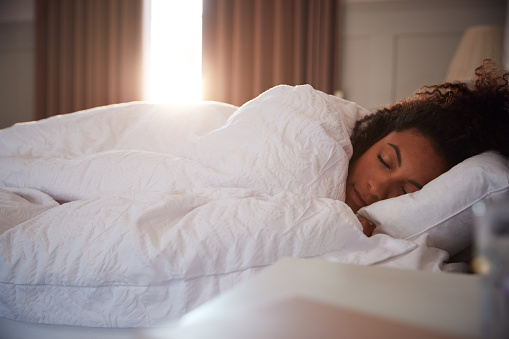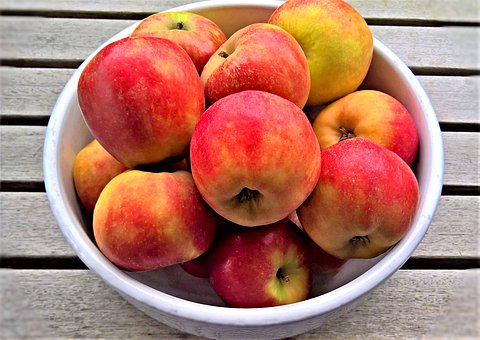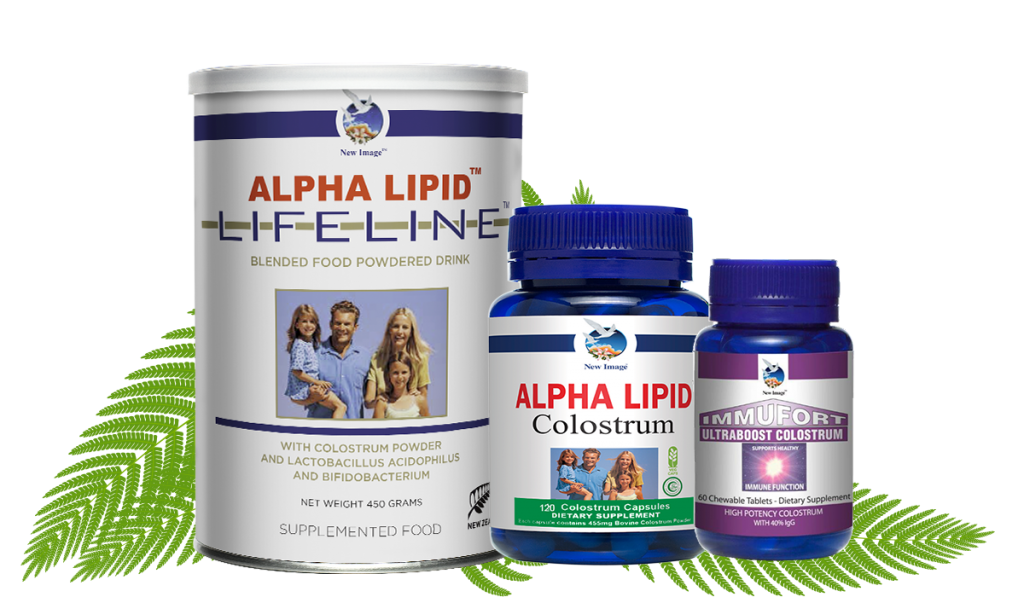Stress is our body responding to change. Because our lives involve constant change there is no way of avoiding stress. Because we are unable to eliminate all stress from our lives, we need to effectively manage what we can. Stress management is taking control of your lifestyle, thoughts, and emotions, so you can be happier, healthier, and more productive. Well-nourished bodies are better prepared to cope with stress.
- Get plenty of sleep
Good quality sleep is essential for your health and wellbeing. Sleep is as important to our health as eating, drinking and breathing. It allows our bodies to repair themselves. Poor sleep is linked to physical problems such as a weakened immune system and mental health problems. The National Sleep Foundation recommends 7–9 hours of sleep a night for adults up to the age of 65, and 7–8 hours for those over 65. Some people naturally sleep slightly more or slightly less than these recommended hours.

- Eat well
What we eat affects how we feel. If you’ve ever watched how quickly sugar can have an effect on the mood of
small children (and adults too) or if you’ve ever felt dull and tired after a heavy lunch of carbs you’ll have seen
and felt the effects that foods we choose to eat can have. But it’s not just sugar and heavy carbs. All kinds of foods can also have short-term as well as long lasting effects on your mental health. Your body needs a mix of nutrients, vitamins and minerals to function well, so making sure you’re eating a good diet is truly vital for mental health.

- Drink sensibly
Many people who overindulge in drinking alcohol (or other substances) commonly do it to change their mood. Although it may numb or overcome a difficult feeling for a while, the effects are short-lived. Alcohol doesn’t deal with the causes of difficult feelings or solve our problems. It makes them worse. There are much healthier ways of dealing with difficult feelings including the other ones listed in this post. Occasional drinking in moderation is quite healthy and enjoyable for most people. As a useful guide to drinking in moderation, keep in mind that the daily alcohol limit recommended.

- Activity and exercise
Your body releases stress-relieving and mood-boosting endorphins before and after you work out, which is why exercise is a powerful antidote to stress, anxiety, and depression. Look for small ways to add activity to your day, like taking the stairs instead of the elevator or going on a short walk. To get the most benefit, aim for at least 30 minutes of exercise daily, and try to do it outdoors. Exposure to sunlight helps your body produce vitamin D, which increases your level of serotonin in the brain. Plus, time in nature is a proven stress reducer.

- Connect with others and be sociable
We, humans, are social animals. We crave to feel connected and supported and to feel valued by others. Studies have shown that social connection is a vital key to good mental health. Good social connection has even been linked to having a longer life. Spending quality time with friends or family, talking to someone about how we are feeling or finding ways to help other people can all help stop you from feeling lonely and improve your mental health and wellbeing. This can be online, by phone or video chat. Make time to connect.




